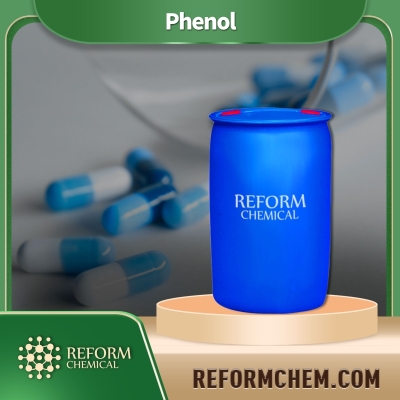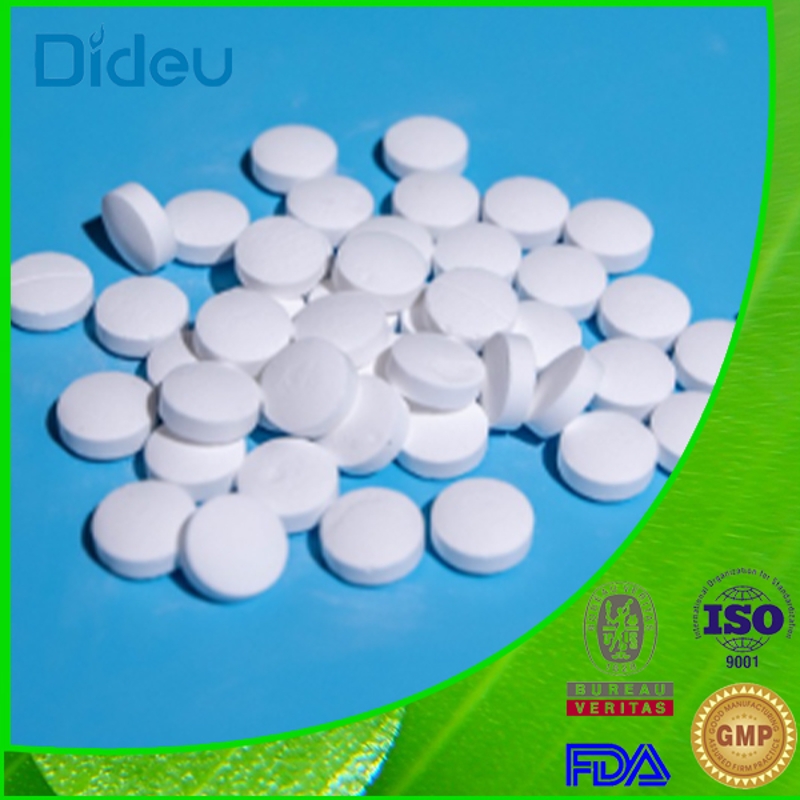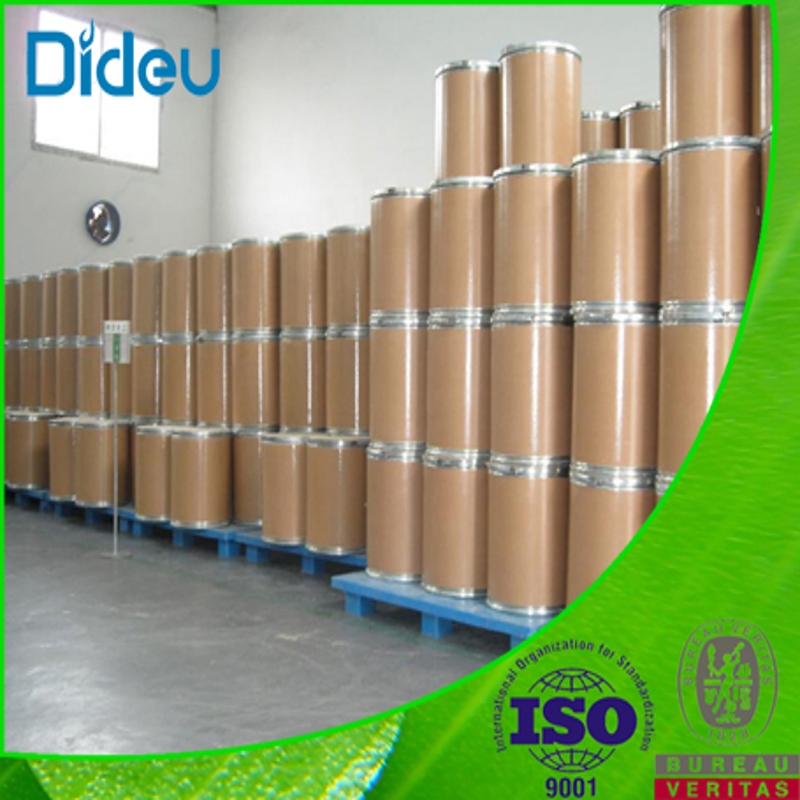-
Categories
-
Pharmaceutical Intermediates
-
Active Pharmaceutical Ingredients
-
Food Additives
- Industrial Coatings
- Agrochemicals
- Dyes and Pigments
- Surfactant
- Flavors and Fragrances
- Chemical Reagents
- Catalyst and Auxiliary
- Natural Products
- Inorganic Chemistry
-
Organic Chemistry
-
Biochemical Engineering
- Analytical Chemistry
-
Cosmetic Ingredient
- Water Treatment Chemical
-
Pharmaceutical Intermediates
Promotion
ECHEMI Mall
Wholesale
Weekly Price
Exhibition
News
-
Trade Service
Indinavir sulfate is a pharmaceutical drug that is primarily used to treat HIV infection.
It is a protease inhibitor, which means that it blocks the action of an enzyme that is necessary for the virus to replicate.
Indinavir sulfate has been widely used for many years, and it is considered to be one of the most effective treatments for HIV infection.
In addition to its use in the pharmaceutical industry, indinavir sulfate has also been found to have a number of applications in the chemical industry.
One of the main uses of indinavir sulfate in the chemical industry is as a catalyst for the production of various chemicals and materials.
One of the most important applications of indinavir sulfate in the chemical industry is in the production of polyethylene terephthalate (PET).
PET is a type of plastic that is widely used in the packaging industry.
Indinavir sulfate is used as a catalyst in the production of PET because it helps to speed up the reaction time and improve the yield of the reaction.
This makes the production of PET more efficient and cost-effective.
Another application of indinavir sulfate in the chemical industry is in the production of polycarbonate.
Polycarbonate is a type of plastic that is used in a wide range of applications, including in the production of automotive parts, medical devices, and electronic equipment.
Indinavir sulfate is used as a catalyst in the production of polycarbonate because it helps to improve the reactivity of the materials involved in the reaction.
This makes the production of polycarbonate more efficient and cost-effective.
Indinavir sulfate is also used in the production of other chemicals and materials, such as polyurethanes and polyureas.
These materials are used in a wide range of applications, including in the production of foams, coatings, and adhesives.
Indinavir sulfate is used as a catalyst in the production of these materials because it helps to improve the reactivity of the materials involved in the reaction.
This makes the production of these materials more efficient and cost-effective.
In addition to its use as a catalyst, indinavir sulfate is also used in the chemical industry as an antioxidant.
Antioxidants are chemical compounds that are used to prevent or slow down the oxidation of other chemicals.
Oxidation is a chemical reaction that involves the transfer of electrons from one molecule to another.
When this reaction occurs, it can cause the formation of free radicals, which can cause damage to other molecules.
Antioxidants are used to neutralize these free radicals and prevent this damage from occurring.
Indinavir sulfate is used as an antioxidant in a wide range of applications, including in the production of polymers, fuels, and lubricants.
It is particularly effective at preventing the oxidation of unsaturated fats and oils, which are commonly found in these types of products.
By preventing the oxidation of these fats and oils, indinavir sulfate helps to improve the stability and shelf life of these products.
Finally, indinavir sulfate is also used in the chemical industry as a solvent.
Solvents are chemical compounds that are used to dissolve other chemicals and materials.
Indinavir sulfate is used as a solvent in a wide range of applications, including in the production of pharmaceuticals, cosmetics, and cleaning products.
It is particularly effective as a solvent for water-soluble materials, such as sugars and salts.
By dissolving these materials, indinavir sulfate helps to improve their solubility and stability.







